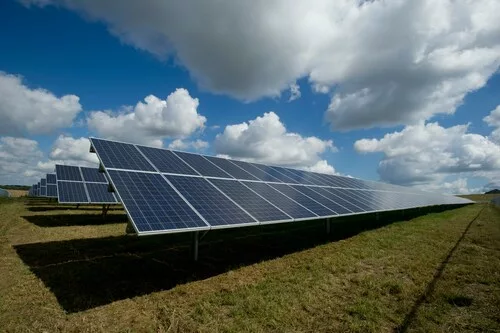Safety and security are paramount and crucial for aviation. Aircraft are intricate machines, and their preservation is vital for both operational efficiency and passenger safety. One often overlooked but critical aspect of aviation safety is the infrastructure in which aircraft are stored. Steel plane hangars play a vital role in ensuring the well-being of aircraft, protecting them from the elements, and maintaining their security. This article talks in detail about steel airplane hangars and explores how they contribute to aircraft safety and security.
The Significance of Steel
Structural Integrity
The choice of material for constructing an aircraft hangar is fundamental, and steel is a top pick for good reason. Steel’s inherent strength and durability make it the ideal choice for ensuring the structural integrity of hangars. These structures must withstand various environmental challenges, including extreme weather conditions, seismic activity, and potential security threats. Steel’s ability to resist corrosion and deterioration over time ensures that the hangar remains robust, offering long-term protection for aircraft.
Fire Resistance
Safety is a top priority in aviation, and hangar fires are a significant concern. Steel’s fire-resistant properties make it a superior choice for hangar construction. In the unfortunate event of a fire, steel structures are less likely to collapse, providing crucial extra time for firefighters to control the blaze and preventing further damage to aircraft. This inherent fire resistance is a vital aspect of ensuring aircraft safety.
Weather Protection
Shielding Aircraft from the Elements
Aircraft are designed to endure the rigours of the skies, but when they are on the ground, they require protection from Mother Nature. Plane hangars made of steel offer a sheltered environment that shields aircraft from adverse weather conditions such as heavy rain, hail, snow, and damaging UV rays. Prolonged exposure results in corrosion, paint damage, and mechanical issues. Steel hangars act as a protective barrier, extending the aircraft’s lifespan and reducing maintenance costs.
Hurricane and Tornado Resistance
In regions prone to hurricanes and tornadoes, the resilience of aircraft storage facilities made of steel becomes even more critical. These natural disasters are responsible for immense damage to aircraft and housing facilities. Steel’s strength and resistance to wind forces make it a reliable choice for withstanding the destructive power of such storms. By providing a haven during extreme weather events, it contributes significantly to aircraft safety.
Security Measures
Controlled Access
Aircraft security is a matter of national and international importance. Steel hangars can be equipped with advanced security measures to prevent unauthorized access. Controlled access systems, including biometric scanners, RFID technology, and CCTV surveillance, help maintain high security around the aircraft. These measures deter theft, vandalism, and potential terrorist threats, safeguarding not only the aircraft but also the overall security of the aviation industry.
Protection Against Sabotage
In today’s world, security threats are diverse and evolving. Aircraft shelters made of steel are designed to withstand various forms of sabotage attempts, including explosives and ballistic threats. The robust construction of these hangars serves as a barrier against external threats, providing a layer of protection for the valuable assets housed within.
Read : She Has A Way Nguyen Si Kha • Bells Of Gal • 2022
Environmental Considerations
Sustainability
In an era when environmental consciousness is on the rise, the choice of construction materials plays a significant role in sustainability efforts. Steel hangars are not only durable but also recyclable. Steel can be reused and repurposed, reducing the environmental footprint associated with construction and demolition. Further, the energy efficiency of steel structures can lead to reduced operational costs, further contributing to sustainability.
Solar Integration
Many steel storage facilities incorporate solar panels into their design. This eco-friendly approach not only reduces energy consumption but also lowers operating costs. Solar integration can provide a clean and sustainable energy source for hangar operations, contributing to environmental conservation and cost savings.
Steel airplane hangars are the unsung heroes of aviation safety and security. They provide a robust and secure environment for aircraft, shielding them from the elements, ensuring structural integrity, and safeguarding against security threats. The choice of steel as a construction material is the best option as it is practical and environmentally responsible.




